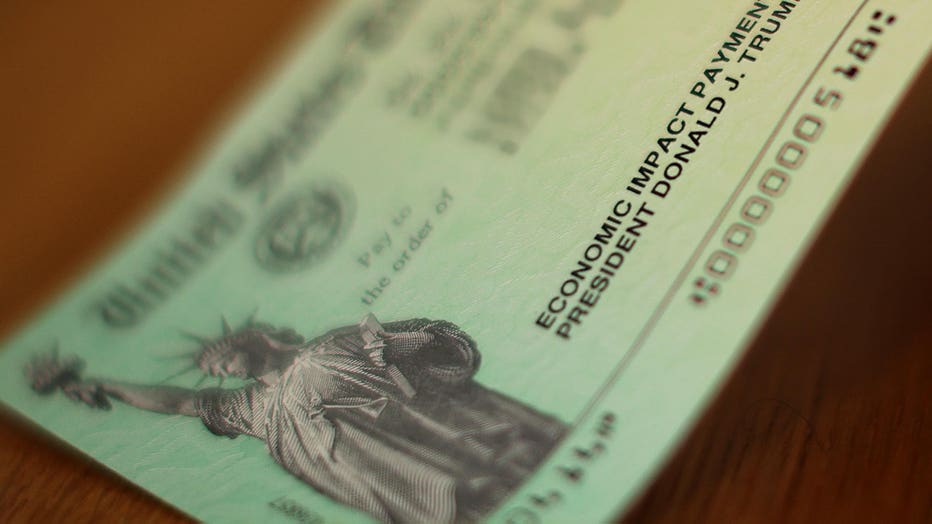Therefore, I hope this article helps you to learn more about each system, and based on that, arrive to your own conclusions on which one is the best.
About Inflation And Deflation:
Those who support a fiat money system argument that the principal and most dangerous risk of gold standard is that a positive demand shock for gold can bring risky levels of deflation. Nonetheless, most cannot bring solid arguments on how it would happen and if it would be really that dangerous. However, on the other hand, we can consult history and see that the gold standard of the 19th century suffered periods of deflation and inflation, but they were fairly moderate.
In addition, even the ‘wildest’ periods didn’t show a sign of uncontrollable deflation. Therefore, according to history, a gold-standard system doesn’t necessarily mean that gold demand shocks will result in extreme deflation.
History Supports It
Unlike the current fiat system that has never been properly run, so to speak, gold-standard has a brief yet successful mark in history. If we stick to the most exact definition, then we can say that the real international gold standard system simply lasted from 1870 to 1914.
And what did happen during those decades? Here is some of the evidence that shows the great potential of this system than in such a short time in history proved more than our current fiat system:
- A period of very little inflation that was easier to manage
- Increased living standards
- Drop in employment rates
- More competitive and productive industries
- Government interventions were reduce to a minimal expression
Moreover, some countries like England and the Netherlands had already adopted the gold-standard system before 1870, but it was only since the international adoption of it that it could finally show its true potential.
Unlike the current times we live in, none was coerced to subject to it. Every nation was free to join or simply look from the outside.
- International trade experienced one of the highest growth rates in history
- Capital mobility experienced its best days
- The exchange rates were surprisingly stable
- Speculation maintained within ‘acceptable’ boundaries
- Income and industrial production experienced an impressive growth
- Nations, public and private institutions trusted the international monetary system
- Liquidity was bountiful
- Excellent levels of price stability along with low levels of inflation
All in all, nations experienced several advantages that made them live some of the best years in their history.
If we compare this against the fiat system, then we will find many displeasing surprises…
Arguments Against The Gold Standard
The supporters of the fiat system have many arguments against the gold standards, however, the majority of them are baseless. But for the purpose of showing why it is the case, here you have the three most popular arguments used against this system:
Argument #1
“Gold is a synonymous of panics, therefore, central banks must be left to their own devices and gold must be avoided at all cost so our economies can be more stable”.
Affirming that panics emerge from gold is wrong in several senses, and that’s why we need to understand how they are created. First off, the causes of panics are several but amongst the most important we have:
- Overconfidence
- Overexpansion of credit
- A big scramble for liquidity
- A significant and abrupt loss in confidence
From this it is very easy to understand that the direct relationship between panics and gold is nonexistent, and hence, makes our example argument very weak and easy to refute. Moreover, gold is an excellent investment and should be a mandatory part of your portfolio. If you want to learn more about that specific point, then you should visit Marketreview.com.
Argument #2
“There’s simply not enough gold, therefore, it makes it unsuitable for a global economic system”
This is one of the most popular and weakest arguments out there. The key to refuting it is that our focus should shift from the quantity to the price. Then, there is a vast amount of gold in the world that is valued at the right price.
Now that we have these elements into account we can proceed to do the following conditional comparison: if the ounce of gold was worth $17K USD, then it would be comparable to the combined M1 money supply of the following countries:
- China
- Japan
- USA
- UE
Therefore, based on this, we can see that the problem of the quantity of gold in the world is a real issue at all.
Conclusion And Final Words
As we can see, after checking history and real facts, the gold-standard system has several advantages that the current FIAT system cannot offer. However, the supports claim that a well-run FIAT system would beat a well-run gold standard any day of week, but the question is: have we ever seen such a thing like a well-run fiat system? Debt creates increasing, inflation is skyrocketing, people are suffering the consequences and yet those very same supporters cannot see the problem.













